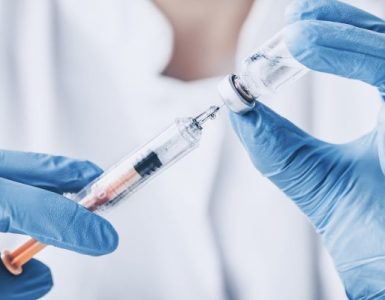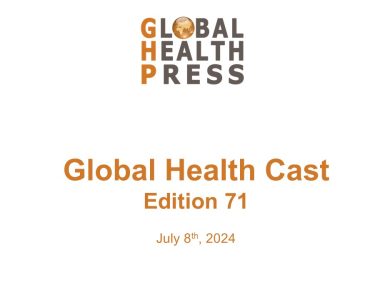Chikungunya virus is endemic in the Indonesian archipelago, and sporadic cases are reported from various islands, including Bali. Bali is a favorite tourist destination, and visitors should be aware of the risk of chikungunya virus infection (CHIKV) and how to avoid it. CHIKV is an arthropod-borne alphavirus transmitted by mosquitoes. It causes a febrile illness, neuroinvasive disease and is additionally severe arthralgia that can lead to chronic disability. Chikungunya fever must be considered in travelers who develop fever and arthritis after traveling to endemic areas or to areas affected by an ongoing epidemic. Associated arthritis symptoms mainly affect smaller joints and often persists for extended periods.
During the past few weeks 4 travelers to Bali, Indonesia, have been identified with acute chikungunya. All 4 traveled to Bali as tourists between March and June 2022 and had onset of symptoms either during travel or shortly after returning to their home countries in Europe (the Netherlands, France, Germany, and Spain). GeoSentinel Network is monitoring new infections and has seen 60 patients with confirmed or probable chikungunya after travel to Indonesia since 2000, but there have not been any cases since 2020.
Chikungunya means “to walk bent over,” in reference to the crippling arthritic manifestations of the disease. Aedes mosquitoes of the subgenus Stegomyia are the principal vectors, and the virus seems to be maintained by transmission to nonhuman primates. Patients with CHIK fever are usually viremic for the first 48 hours. The virus is easily isolated by in vivo or in vitro methods.
There is no approved specific antiviral therapy for chikungunya infection. Symptomatic therapy with resting, rehydration and acetaminophen or paracetamol to reduce fever and pain are recommended. According to the CDC, Aspirin and NSAIDs should not be given until dengue fever is ruled out.
In The Lancet Infectious Diseases September 1, 2022 journal, Sean Bennett and colleagues describe the safety and immunogenicity of PXVX0317, a novel vaccine for the prevention of chikungunya infection based on an adjuvanted virus-like particle (VLP).
By Dr. Simone Müschenborn-Koglin Contributing Editor, GHP

















